Odds for Life Existing on Other Planets Skyrockets After a NASA Rover Unearthed New Evidence on Mars
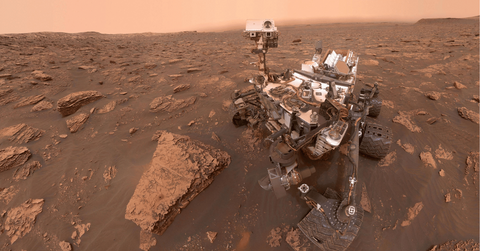
A NASA rover has uncovered evidence increasing the likelihood of life on other planets.
Sept. 15 2025, Published 3:45 p.m. ET
Freshly uncovered evidence collected by a NASA rover tasked with exploring Mars has skyrocketed the possibility of life existing on other planets, RadarOnline.com can reveal.
The Mars rover Perseverance collected samples of potential "evidence of ancient microbial life" while roaming an ancient dry riverbed in the Jezero Crater.
Mars Rover Collects Potential 'Evidence of Ancient Microbial Life'
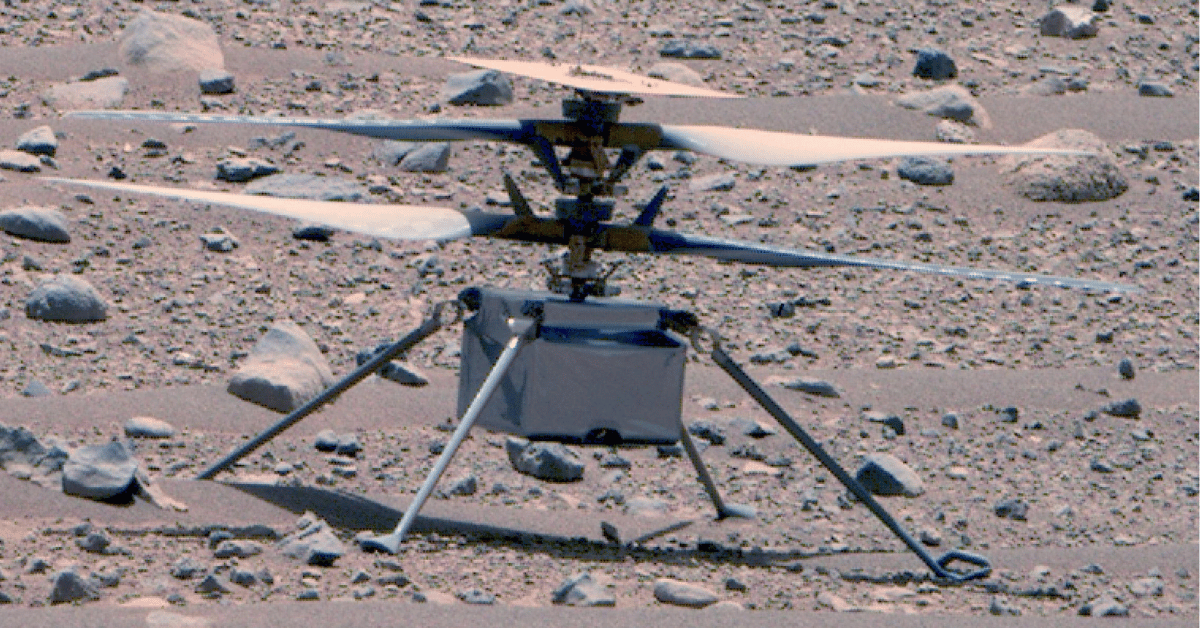
Mars 2020 Perseverance collected samples containing 'potential biosignatures' last year.
The rover reportedly collected the sample "Sapphire Canyon" containing "potential biosignatures" from a rock dubbed "Cheyava Falls" last year.
While discussing the bizarre seed and pollen-shaped samples collected from the Red Planet, NASA associate administrator Nick Fox said: "This is the kind of signature that we would see that was made by something biological."
A "potential biosignature" refers to a substance that may have a biological origin but requires additional testing to determine whether or not there are signs of life.
Perseverance's Samples Require Additional Testing
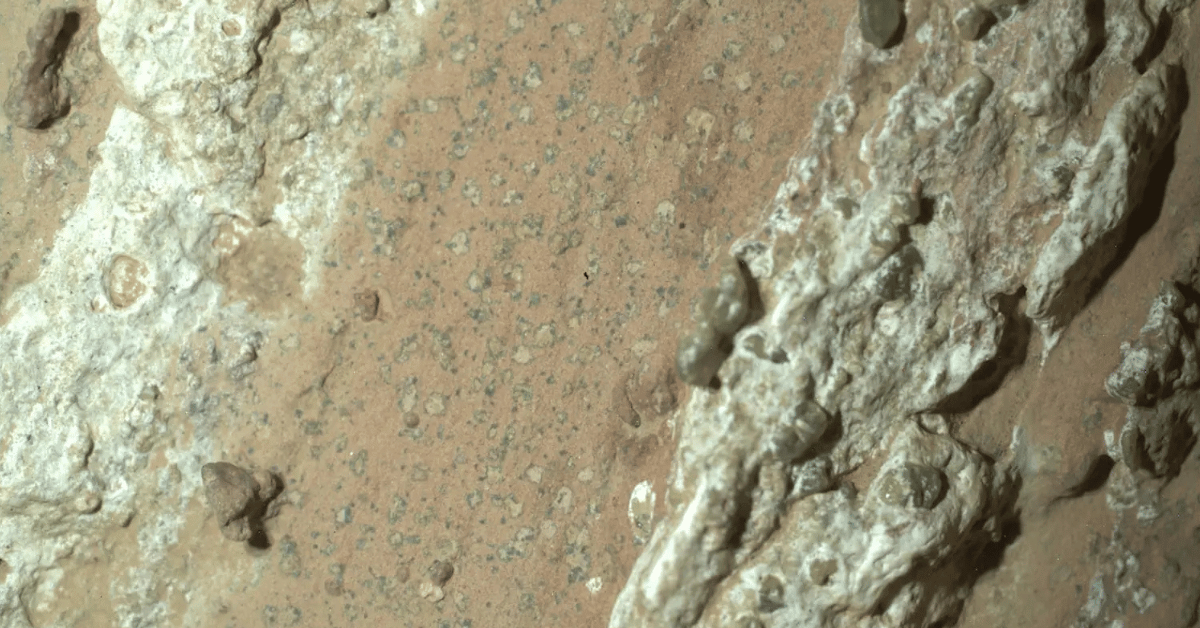
The samples required additional testing to determine whether or not it's evidence of life on the Red Planet.
Scientists were said to be considering several explanations for the sample. One theory suggested the "leopard-like spots" observed on Cheyava Falls could point to signs of chemical reactions supporting microbial life billions of years ago.
Researcher Joel Hurowitz noted the testing process is crucial, even in cases when samples appeared "biological" on the surface.
Hurowitz explained: "That's part of the reason why we can’t go so far as to say, 'A-ha, this is proof positive of life.'
"All we can say is one of the possible explanations is microbial life, but there could be other ways to make this set of features that we see."
The sample has reportedly been bundled and stored while Perseverance continued its mission.
NASA Official Calls Perseverance Samples a 'Groundbreaking Discovery'
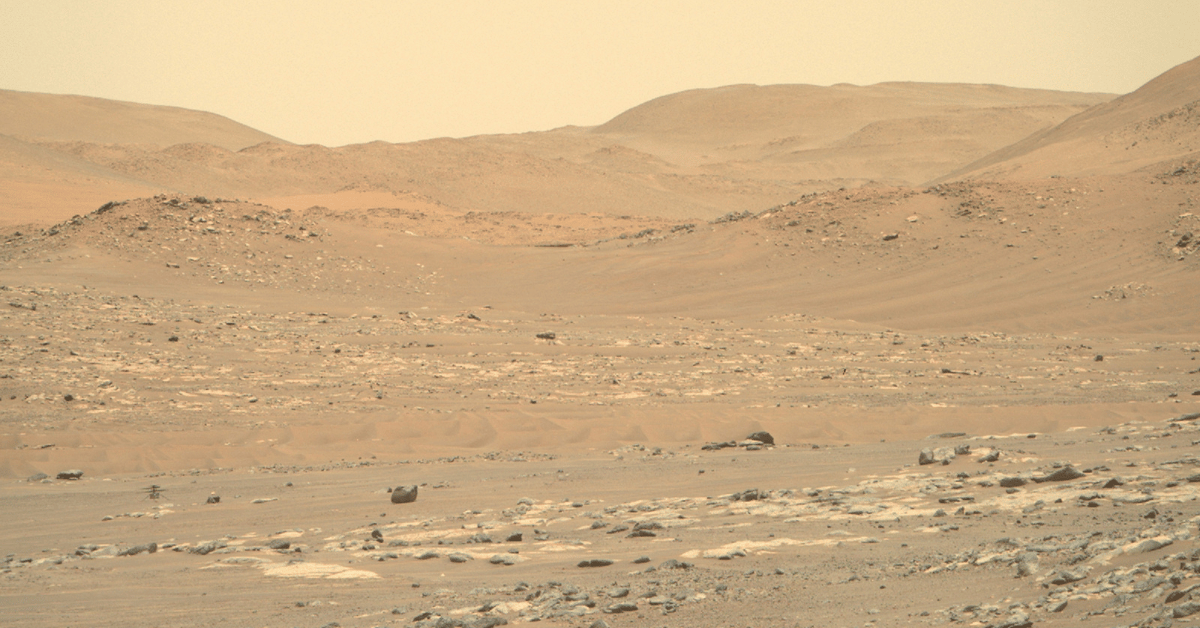
NASA official Sean Duffy declared the sample 'the closest we have ever come to discovering life on Mars.'
Acting NASA Administrator Sean Duffy declared Perseverance's discovery "the closest we have ever come to discovering life on Mars."
Duffy said: "This finding by Perseverance, launched under President Trump in his first term, is the closest we have ever come to discovering life on Mars. The identification of a potential biosignature on the Red Planet is a groundbreaking discovery, and one that will advance our understanding of Mars.
"NASA’s commitment to conducting Gold Standard Science will continue as we pursue our goal of putting American boots on Mars’ rocky soil."
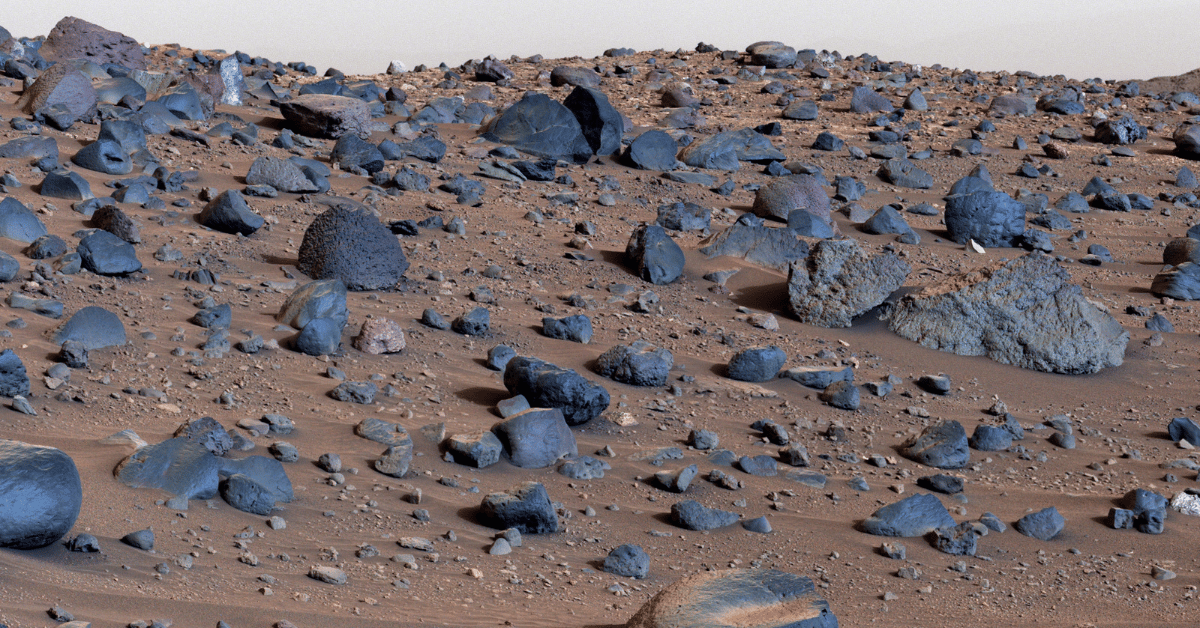
Perseverance's mission is to search 'for signs of ancient microbial life, to advance NASA's quest to explore the past habitability of Mars.'
According to the space exploration agency, Perseverance has been tasked with searching "for signs of ancient microbial life, to advance NASA's quest to explore the past habitability of Mars.
"The rover is collecting core samples of Martian rock and regolith (broken rock and soil), for potential pickup by a future mission that would bring them to Earth for detailed study."
Perseverance was launched on July 30, 2020, and landed on February 18, 2021.

As RadarOnline.com reported, focus on Mars has increased significantly in recent years due to SpaceX founder Elon Musk.
Musk, 53, has repeatedly shared his vision to "save humanity" by colonizing the Red Planet.
He recently warned Fox News' Jesse Watters: "Eventually, all life on Earth will be destroyed by the Sun.
"The Sun is gradually expanding, and so we do at some point need to be a multi-planet civilization because Earth will be incinerated."



